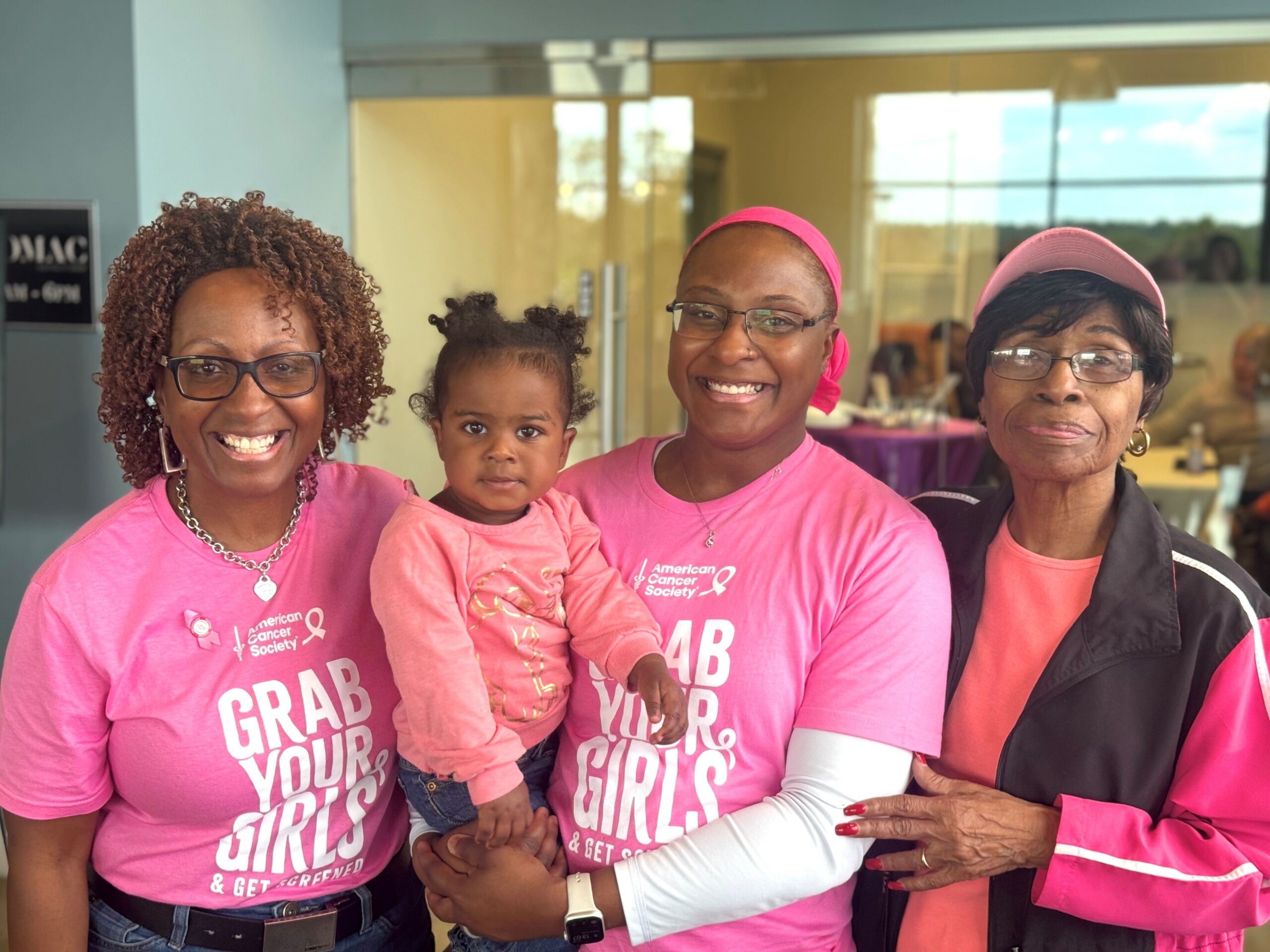Cancer researchers are looking for thousands of Black women to lend their voices and experiences to a 30-year study.
The American Cancer Society (ACS) launched its “VOICES of Black Women” research that will study 100,000 women over 30 years.
It is the largest and longest cancer study of Black women in the U.S. ever, said Madeline Long, an ambassador with the nonprofit group.
“That type of data doesn’t exist for us,” Long told WTOP. “This is a movement of Black women talking about our health for the first time. And not in a victim way, but in a way of empowerment.”
The study will track Black women between the ages 25 and 55 from diverse backgrounds and income levels who have not been diagnosed with cancer.
The goal is to better understand long-standing disparities among this group as Black women continue to have the highest death rate and the shortest survival of any racial group nationwide for most cancers.

It’s a concern Long, a minister who resides in Bowie, Maryland, knows well.
“Every year when I do my mammogram, I’m always prayerful, ‘Please, God, don’t let this be the year that it returns,’” Long said. “Because we just don’t know.”
Doctors diagnosed her, her mother and aunt with breast cancer in 2011. They each received the same discovery months apart.
At that point, Long had undergone mammogram screenings for a decade. But Long’s mother advised her to get a more detailed breast X-ray, called a diagnostic mammogram, to check for cancer.
That’s when doctors made the discovery.
“I don’t tell people that mammography saved my life, it was really my mother,” she said. “If my mother and aunt weren’t diagnosed, I probably wouldn’t have known cancer was present because they wouldn’t have seen it through [the screening exam].”
Long, 60, said diagnostic mammograms, which takes additional X-ray images during the procedure, are more effective in young Black women. They commonly have denser breasts, or more breast tissue, than white women.
“It’s like trying to see a pea through a cloud,” Long said. “And it’s not just Black women, it’s younger women. If you have dense breasts, you need additional testing.”
Women enrolled in the VOICES study will receive regular mammograms. It’s one reason why Long enrolled her 33-year-old daughter and other women in the research.
“I’m encouraging others to participate for the future, so that when medical breakthroughs happen, some of them can finally include people who look like me,” she said.
Over the three-decade survey, participants will also track changes to their eating plans, exercise regimens and smoking habits.
Long said it was one of the first things she did after learning her diagnosis.
“My oncologist said to me, ‘I want you to lose some weight, because if you’re fat, you’re going to die anyway,’” she said. “I know that sounds harsh, but I’m glad she said that. What she was telling me really helped save my life.”
Some Black women will pass on the chance to participate in the study because of medical inequalities and a historic distrust of the health care community.
Long takes a different approach.
“I am no longer a victim to the health care community by saying what they’re not doing,” she told WTOP. “What can we do to live healthier lifestyles? I want us to know that we own this. That’s the message I give to younger women.”
Get breaking news and daily headlines delivered to your email inbox by signing up here.
© 2024 WTOP. All Rights Reserved. This website is not intended for users located within the European Economic Area.






